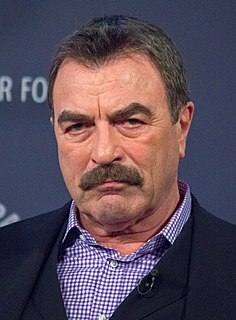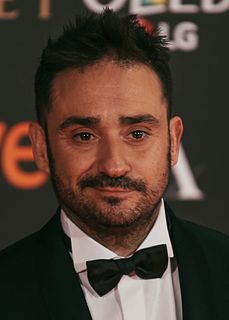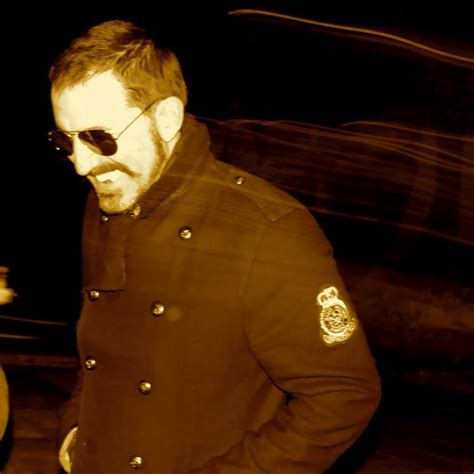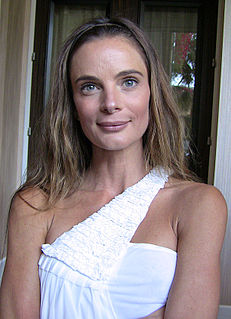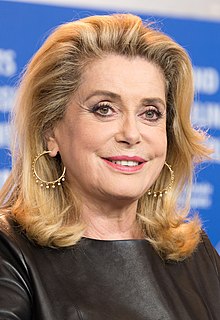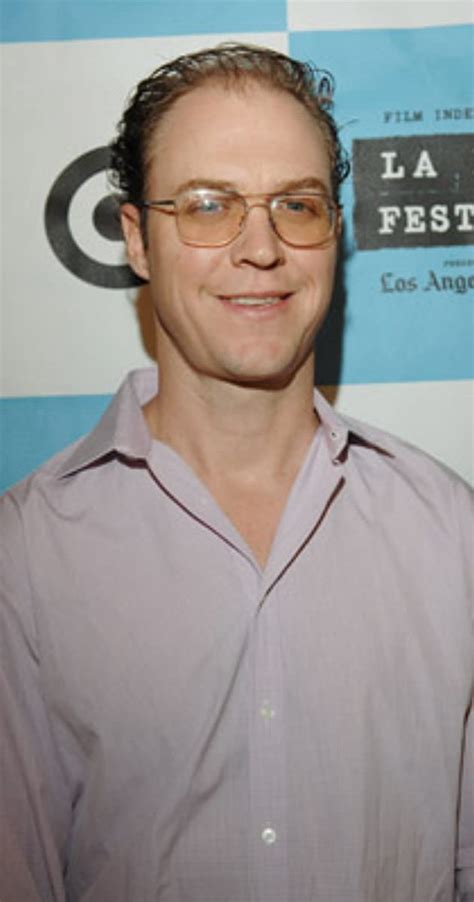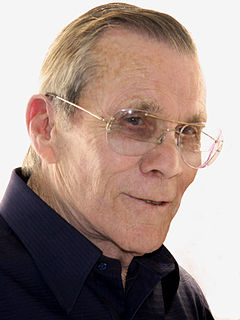A Quote by Steve Buscemi
Shooting in sequence, I think it intensifies everybody's relationship, the crew, the actors. You have to be very focused, and shooting at night is a challenge because you get tired. I think it requires a special kind of concentration, but it's also exhilarating.
Related Quotes
I was shooting all this time. And there was only one guy who helped to pull him. And I had to think whether I was going to keep shooting or help the guy. And so I kept shooting and then they put him in this little clinic, and I photographed through the window while they had to amputate his leg. And I felt very strange because I didn't - I felt I could have helped, but I didn't help. But then I also felt elated that I was getting a shot that would be important to the film.
If there's a cutaway, you need to get it then because it's only going to last [a few moments]. You have to edit the movie as you're shooting it in your head and communicate with your crew about how it's going to work. While making a movie, you have the luxury of storyboards and a script and a bigger crew and actors. I mean, it's so much easier.
The acting challenge is every day it was just for me a challenge obviously because of the volume that I - of work I had to do throughout the series. Every day was just trying to keep it fresh, trying to keep it maintain a consistency and a growth in the character and in myself. That was the main focus was staying focused when you're fatigued after, you know, it's mainly to work but it's ultimately very rewarding working with this production and the actors and the crew. The crew gave a lot for this thing.
We are all from different cultures. Heath's [Ledger] Australian, really. I'm from here. Ang's [Lee] from China. But I think Ang gets very close in preproduction and rehearsals. And then he allows his actors - I don't think scared of actors, but I think he's scared of getting in on the scenes he's watching. The space he's watching. So he just totally disconnects from you while you're shooting.

